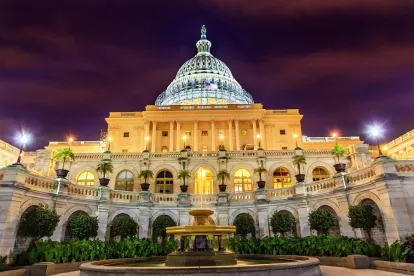Since its lapse in 2019, the future of the Violence Against Women Act (VAWA) has remained uncertain, despite support from key Congressional leaders on both sides of the aisle. The legislative logjam surrounding VAWA was broken this week when the Act was reauthorized as a part of the Consolidated Appropriations Act 2022, which received bipartisan support.
On Wednesday, President Joe Biden underscored the importance of the reauthorization of VAWA, observing, “This law broke the dam of congressional resistance and cultural resistance. And it brought this hidden epidemic out of the shadows.” Through this legislation, VAWA is reauthorized through 2027, and specific provisions of the law have been added and expanded.
The following key changes to VAWA may be of particular significance to higher education institutions:
-
An expansion of funding for the Sexual Assault Services Program and the provision of funding for community-based training programs aimed at heightening awareness of threats and the establishment of additional systems of accountability
-
The provision of funding to establish culturally specific programs and services for victims and additional resources to further support victims residing in rural communities and those who are LGBTQ
-
The addition of funding aimed at expanding awareness and prevention programs on college campuses, including support for institutional health centers and programs focused on dating violence
-
The provision of new funding for the Rape Prevention and Education Program as well as additional funding to encourage the involvement of sexual assault awareness and prevention community coalitions in educational efforts
-
A requirement that institutions undertake campus climate surveys to better assess the prevalence of challenges within student communities





 />i
/>i


